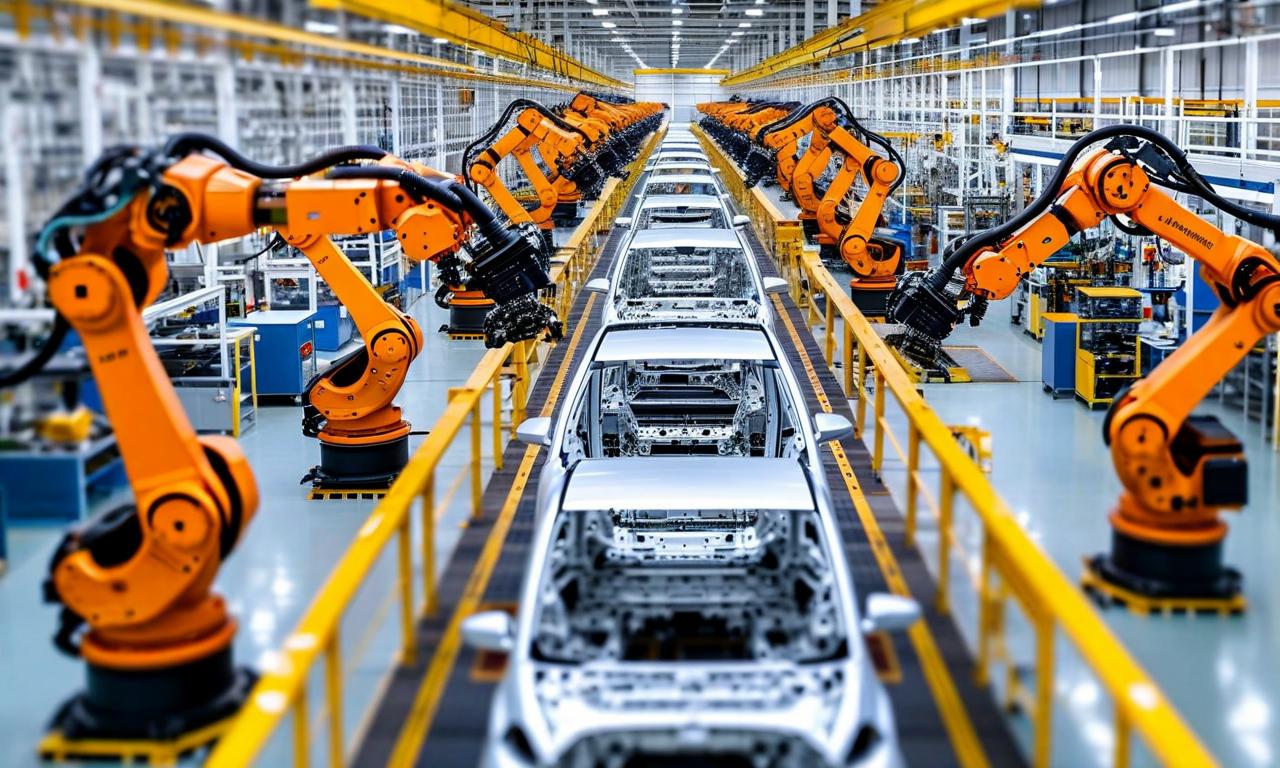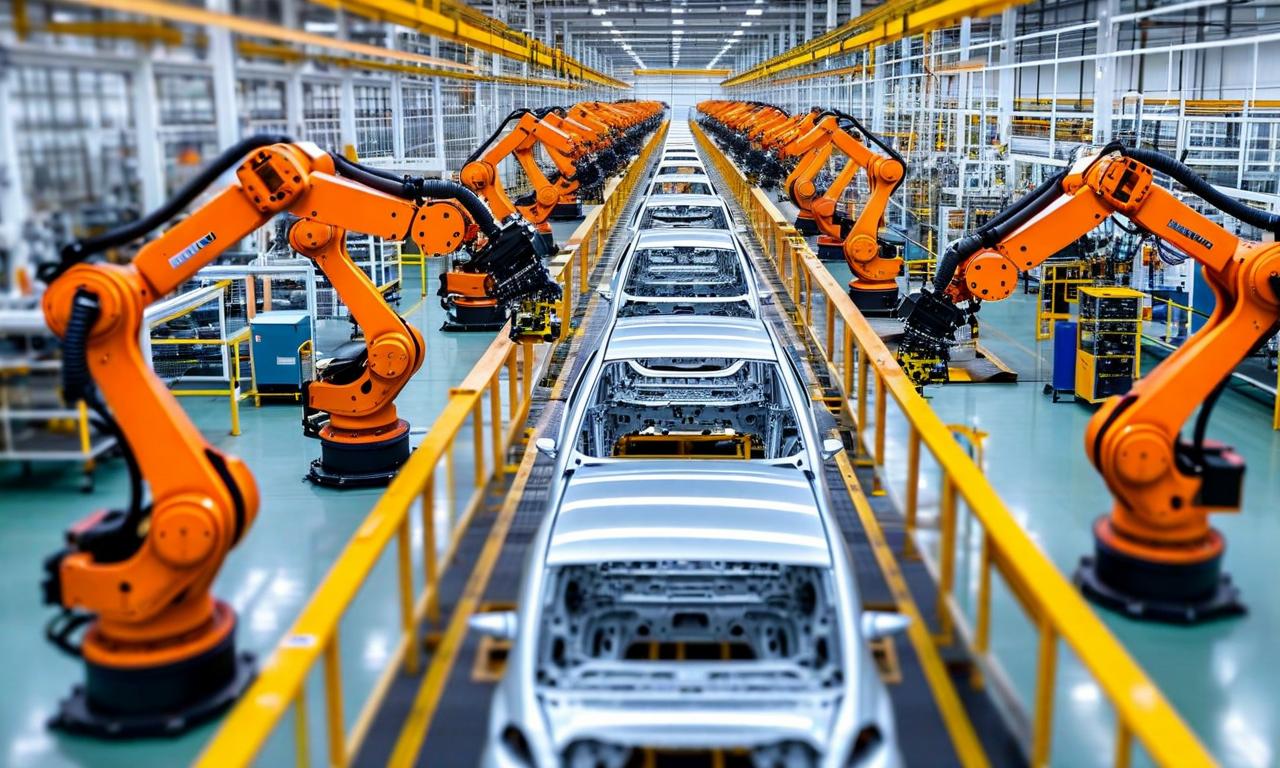Maruti Suzuki Forecasts 10% Annual Small Car Growth Post GST Cut
Maruti Suzuki anticipates a 10% annual growth in small car sales after GST rates reduction from 28-31% to 18%, effective September 22. This tax cut is expected to decrease on-road prices by 6-8%, potentially stimulating demand. Despite recent challenges in the small car segment, including a 9% volume drop in FY24-25 and declining sales in mini and compact segments, the company remains optimistic. Maruti's consolidated net profit increased by 0.9% to ₹3,792.00 crore, while revenue grew 8% to ₹38,605.00 crore. The company's shares have gained nearly 20% over the past month, with ICICI Securities setting a price target of ₹17,000.00.

*this image is generated using AI for illustrative purposes only.
Maruti Suzuki , India's leading automobile manufacturer, anticipates a significant boost in small car sales following a reduction in Goods and Services Tax (GST) rates. The company expects this tax cut to drive nearly 10% annual growth in the small car segment, outpacing the projected industry-wide growth of 7-8% per year.
GST Rate Cut Impact
The GST Council's decision to lower the tax rate on small cars from 28-31% to 18% is set to take effect on September 22. This reduction is expected to translate into a 6-8% decrease in on-road prices for consumers, potentially stimulating demand in the small car market.
Company Outlook
Maruti Suzuki's Chairman, RC Bhargava, expressed optimism about the company's growth prospects in light of the tax cut. The anticipated 10% annual growth in small car sales could significantly impact Maruti's overall performance, given that small cars constitute approximately 70% of the company's total sales.
Recent Performance Challenges
Despite the positive outlook, Maruti Suzuki has faced some headwinds in its small car segment:
- Volumes fell by 9% in FY24-25
- Domestic sales declined 4.5% year-on-year to 4,30,889 units in the June quarter
- Mini segment sales dropped 36.6% to 19,522 units
- Compact car sales fell 6.3% to 1,77,270 units
Financial Performance
Maruti Suzuki's recent financial results show mixed signals:
| Metric | Performance |
|---|---|
| Consolidated Net Profit | ₹3,792.00 crore (0.9% increase) |
| Revenue | ₹38,605.00 crore (8% increase) |
| Operating EBIT | 19% decrease |
The decline in operating EBIT was attributed to higher discounts and increased sales promotions.
Market Response
The market has responded positively to Maruti Suzuki's prospects:
- Maruti shares have gained nearly 20% over the past month
- ICICI Securities has set a price target of ₹17,000.00, implying a 14% upside
The GST rate cut, combined with Maruti Suzuki's strong market position in the small car segment, has created a sense of optimism among investors and analysts. However, the company will need to navigate the challenges in the small car market to fully capitalize on the potential growth opportunities presented by the tax reduction.
Historical Stock Returns for Maruti Suzuki
| 1 Day | 5 Days | 1 Month | 6 Months | 1 Year | 5 Years |
|---|---|---|---|---|---|
| -3.16% | -3.93% | -5.62% | -2.22% | +16.21% | +105.10% |



































